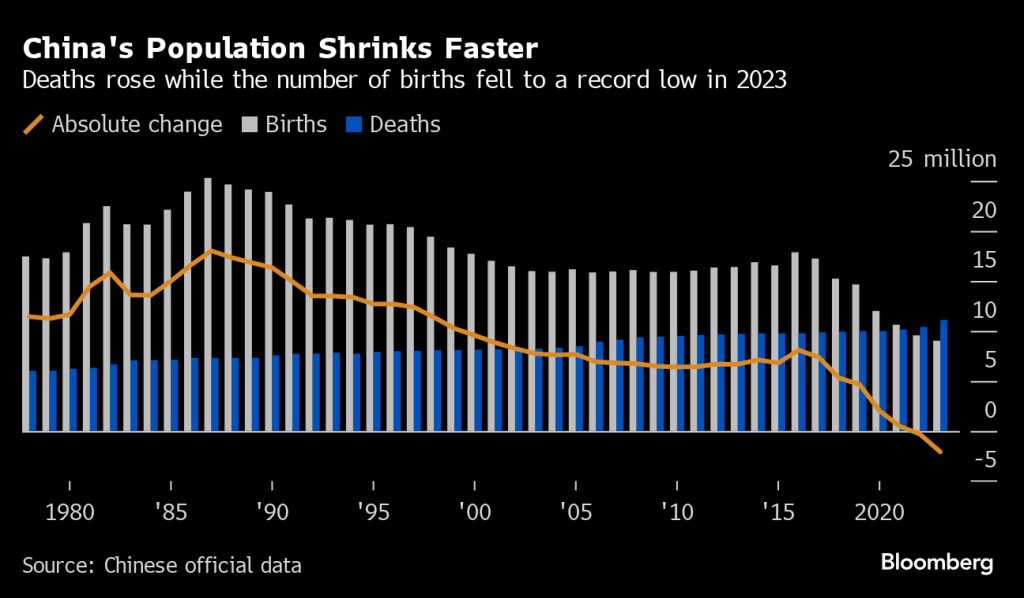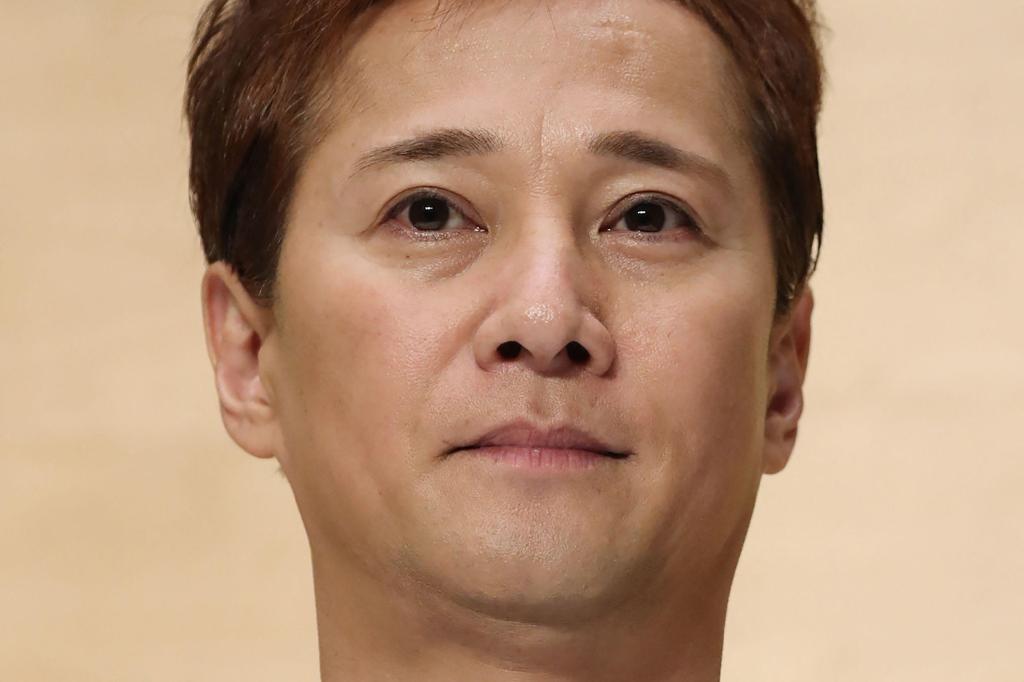China's Retirement Age Debate and Its Economic Impact
Discover how China’s plan to raise the retirement age addresses economic challenges and shapes the future of its workforce.

Key Points
- China is considering raising the retirement age to address its aging population and declining workforce, which currently has one of the lowest retirement ages globally.
- The proposed change aims to relieve pressure on pension systems already facing significant deficits due to an increasing ratio of retirees to workers.
- Concerns about job opportunities for younger workers highlight the need for inclusive policies that support both older and younger employees in the labor market.
China is at a pivotal moment in its demographic evolution, facing profound challenges that necessitate a shift in policy. The debate over raising the retirement age has come to the forefront as the country grapples with an aging population and a declining workforce. The National People’s Congress is currently reviewing plans to recalibrate the retirement age, a significant consideration that could reshape the future of work in China.
Understanding the Current Retirement Landscape
As it stands, the retirement age is notably low in China, with men retiring at 60, women in white-collar jobs at 55, and those in manual labor at just 50. This framework has not changed in over four decades, placing China on the lower end of the global spectrum for retirement ages. In comparison, the average retirement age in most developed economies hovers around 66, presenting a stark disparity.

With life expectancy having risen dramatically—from about 44 years in 1960 to 78 years in 2021—there is a pressing need for China's retirement policies to adapt to this new reality. Projections indicate that by 2050, over 31% of the population will be aged 65 or older. This shift not only impacts economic momentum but also puts a strain on pension systems, which are already under considerable pressure.
The Impetus for Change
In response to these escalating challenges, the Chinese government has proposed a gradual increase in the retirement age. This initiative aims to alleviate the pressures on pension budgets, especially as many provinces are currently experiencing deficits. According to finance ministry data, as many as eleven out of thirty-one provinces are grappling with unsustainable pension budgets, raising concerns about the viability of the system moving forward.
Experts estimate that the current ratio of workers supporting retirees is about five to one, a number that is expected to decrease dramatically over the next few decades. By 2030, it is projected to dwindle to just four workers per retiree and further decline to two by 2050. This shift highlights the urgent need for structural adjustments within the labor market to ensure long-term financial security for retirees.
Addressing Public Concerns
Despite the evident necessity for change, the proposed policy has stirred considerable debate among the populace, particularly among the younger generation. Concerns abound that raising the retirement age could exacerbate existing difficulties in the job market, especially for workers aged 35 to 65. Many young professionals fear that extending working years for older employees may hinder their own job opportunities at a time when youth unemployment is alarmingly high, reaching over 21% last year for those aged 16 to 24.
Moreover, discussions on this topic on Chinese social media platforms illuminate the public's anxiety regarding age discrimination within the job market. Critics argue that if the retirement age is raised without concurrent job creation for younger individuals, it could lead to increased frustration and economic inequality.
A Fresh Perspective on Workforce Inclusion
It is essential to view this transition not just as a challenge but as an opportunity for a more inclusive labor market. Implementing measures that focus on skill development and training for older workers, alongside younger job seekers, could create a more balanced workforce. This strategy would not only enable older individuals to contribute their vast experience but also foster innovation and mentorship within organizations.
With changes underway in labor market dynamics, China's push to elevate the retirement age can help sustain its economic vitality and demographic integrity. It presents a unique opportunity to rethink workforce integration, ensuring that every age group is represented and valued.
The discussion surrounding China's retirement age is reflective of broader societal changes and the urgent need to adapt to demographic realities. By raising the retirement age thoughtfully and inclusively, China can bolster its economy and nurture a more equitable society, paving the way for a sustainable future where workers of all ages thrive together.


